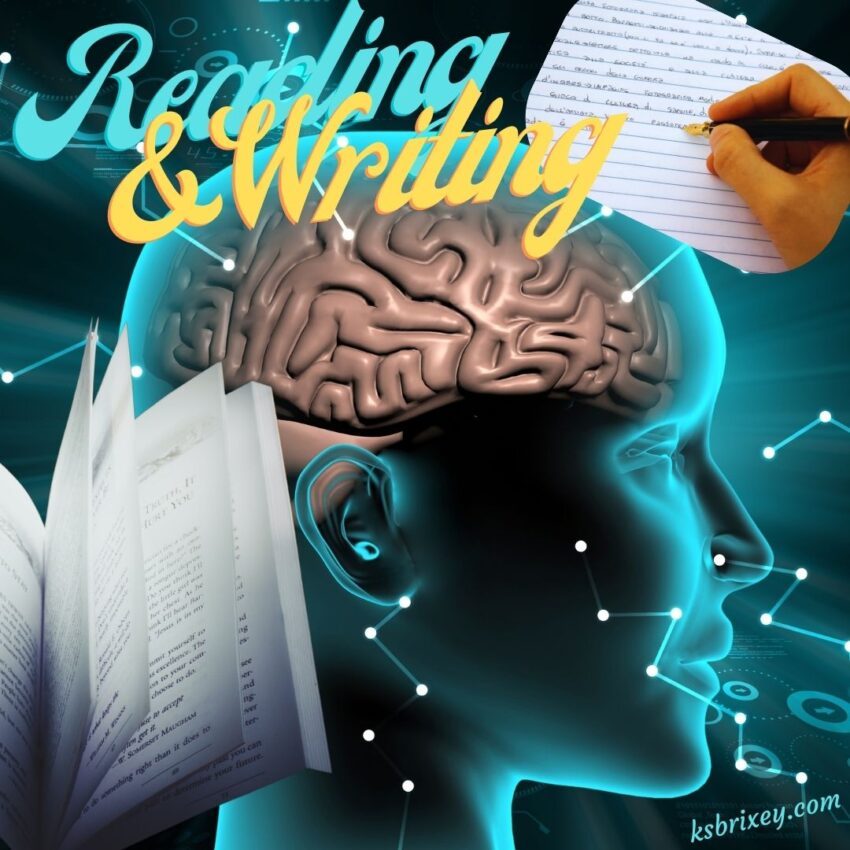What’s Age Got To Do With It?
As we get older, many people experience perceived loss in memory function. What isn’t clear is why? Maybe we just have a lot more stuff to remember or possibly we get a little slack in using the old thinker. One thing that is certain, the brain remains a highly adaptable and malleable organ throughout life so age is no longer an excuse.
Building Connections
Studies of neuroplasticity of the brain found that your brain can and will change throughout your lifetime. The more neural connections that are formed within your brain the more efficiently the nerves fire. Thus enabling you to rebuild your brain by creating more and more connections. The loss of connections can have the opposite effect.
Brain Workouts
Maintaining good memory function should be a priority throughout life but especially as we age. Just like exercising to keep the body’s muscles strong and flexible, cognitive exercises help boost memory retention and recall.
Writing Exercises the Brain
Writing is a cognitive exercise that stimulates the brain. All the parts of your brain are actively engaged when writing and involve language production, working memory, and focused attention. The act of writing forces individuals to organize their thoughts and ideas coherently. This process enhances executive functioning skills and can help older adults better structure and retain information.
Writing offers an opportunity for creative expression, whether through storytelling, journaling, or poetry. Keeping a journal or writing down important events and information can serve as a memory aid itself and promote mental clarity. Journaling about personal experiences is a helpful way to express emotions and creative thought. Expressing your thoughts and feelings in writing can reduce stress and promote mental well-being. Writing can be particularly beneficial for individuals dealing with stress, grief, or depression.
Reading Exercises the Brain
Reading is another exercise that engages various cognitive processes such as attention, comprehension, and critical thinking. This mental activity keeps your brain active.
Reading exposes you to new words and concepts that keep your mind sharp. It requires you to actively engage in order to remember details about characters, plots, and settings. This constant exercise in memory retention helps improve your short term and long term memory.
As with journaling, reading helps reduce stress and anxiety by letting you escape into another world. Lower stress levels have a positive impact on brain health resulting in improved memory and better cognitive function.
The more you read, the more you learn. Expanding your knowledge base provides your brain with more data points and neural connections, which as we learned earlier helps the brain fire faster making it easier to recall and process information.
The Reading and Writing Boost
Reading and writing draw on shared knowledge and both engage the brain by stimulating various brain regions. Together they synergistically promote cognitive flexibility and increase neural connections. Reading and then writing about what you’ve learned is a power packed cognitive exercise that helps build a healthy brain throughout your life. Read, discuss, analyze, and write about those ideas, not just to learn but to remember.

